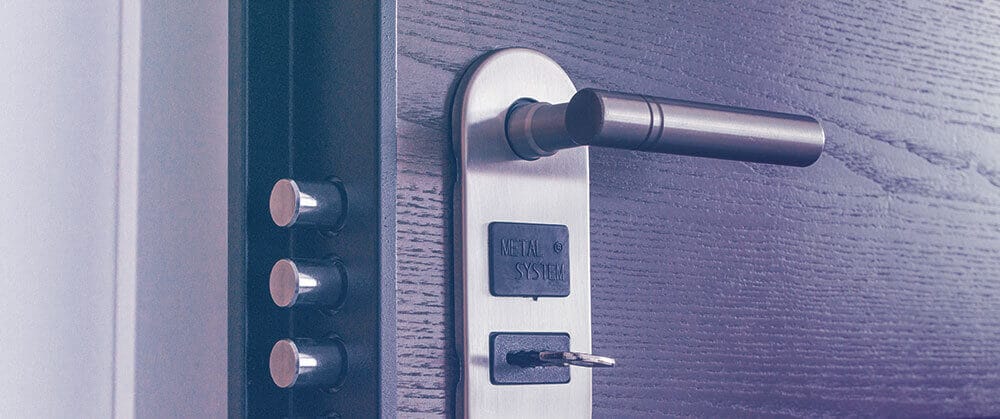
Are you considering changing your locks?
Businesses often face a tough decision if and when to change their locks. Many scenarios may call for a lock change, but since it’s a financial investment, you want to make sure it’s the right time.
The need for changing the locks of your business may arise quickly without prior warning. For instance, as Onsite Management Services explains, you may have to change the locks when there is clear evidence that a theft has occurred.
Now we are going to look at the reasons for changing the locks and how often to do this. You’ll understand the principles behind keeping your physical business assets as safe and secure as possible.
When is the right time to change the locks?
As a business owner, it’s likely that you won’t have to change your locks quickly. But there is always the odd chance that you are facing a rare occurrence, which demands immediate intervention.
- You could be dealing with a situation where someone has stolen a key. It is a dangerous premise. You should find a solution to the problem at the first opportunity. Otherwise, the person who took the key could make an unauthorized entry that is harder to spot than a regular break-in.
- Someone can still have easy illegal access to your business even without stealing your key. Instead, the culprit might have made an unlawful copy of the key. It is yet another issue that must be solved before your business suffers from any loss.

- You have to act fast if the master key is lost. Even if losing the key is a situation without any malevolent cause, the lost key may be found by someone who would use the opportunity for personal gain.
- If an employee leaves in an upsetting way, you should be extra careful about your keys and locks. Conduct some fundamental risk analysis to understand whether the situation is difficult or not. For instance, did the employee steal or damage your company’s property in any way during their employment? Assess the risk factors and use the results to guide your decision on changing the locks.
What are the common reasons for changing the locks?
Since changing the locks results in expenses, most business owners want to see clear reasons for doing so. While there may be emergencies, the underlying causes may be motivated by something other than “putting out a fire”.
High employee turnover: When your business experiences a high employee turnover, you may have a justified cause for changing the office door locks more frequently. That’s because having to solve an issue regarding unauthorized entry could become a complicated task when you haven’t changed the locks in a long time. It’s hard to find out which one of the many ex-employees made a copy of the key and entered later into the premises.
Irritated employee: You may be dealing with a situation where an employee has become disgruntled after you finish the contract with that person. In this case, you are better off changing the locks of your business as soon as possible. Many known cases prove the necessity of this. Some people who get laid off can become so irritated that they try to sabotage your business afterwards.

Standard door locks: The type of your business door lock predicts the needed frequency for change. For instance, digital door locks won’t need a brand new mechanism because you can renew the code. But when you have a standard door lock, it’s better to change this type of lock frequently. However, having “Do Not Duplicate” written on your keys lowers the risk of ex-employee issues.
The Bottom Line: How Often Should Your Business Change its Locks
As a business owner, you may be wondering when and how often you should change your locks. There are clear security advantages to changing the locks regularly. But the procedure requires investments that you may not want to make too often.
When your employee leaves on bad terms, or there is a conflict with an ex-employee, it pays to change the locks. The same holds for situations where your master key is lost, or you feel it’s likely that someone has copied their key.
Do you have a high employee turnover? In such scenarios, you should consider changing your lock now and then to manage the associated risks. It also applies to businesses that use standard door locks that are easy to copy.
